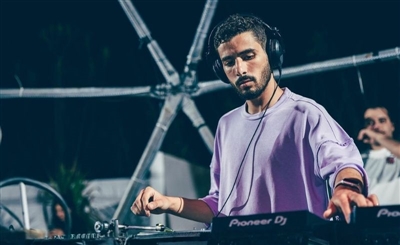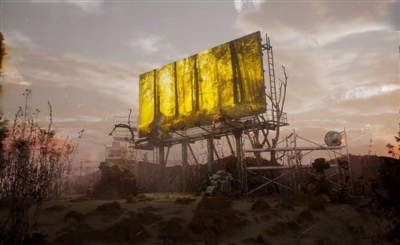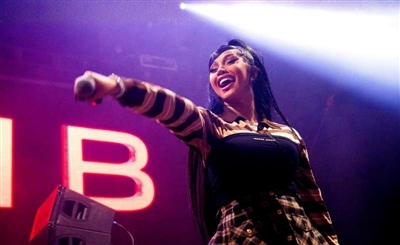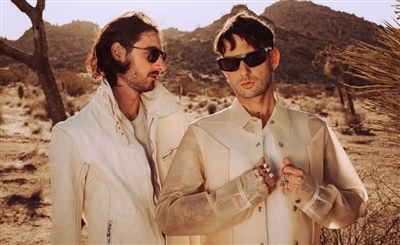Will Spotify's New AI Policy Work or Should We Just Accept Fake Drake?
The streaming giant has announced a new, sweeping, multifaceted policy aimed at protecting artists from deepfake impersonations, spam and the looming threat of AI.
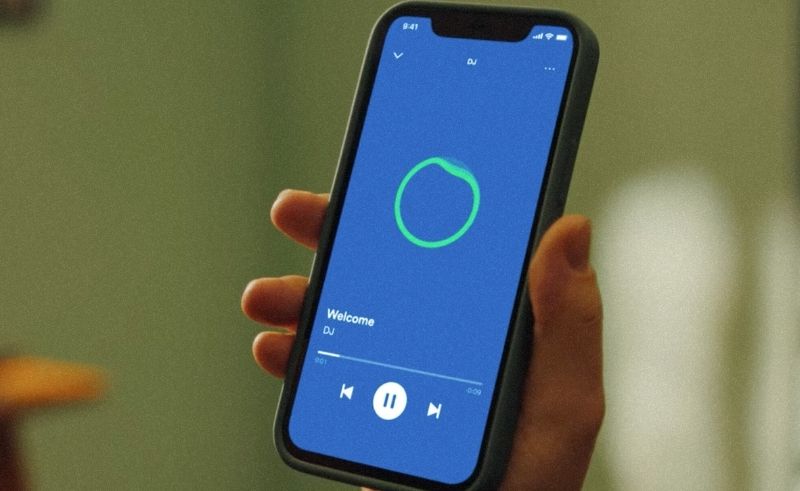
First, it was piracy. For decades, the music industry battled against illegal downloads and file-sharing. Then, it was streaming fraud, as bot farms manipulated play counts. Now, the world of music is facing its next great threat: generative AI.
Amidst what feels like part of the lore of a Black Mirror episode, Spotify has unveiled a new policy framework aimed at tackling the application of generative AI tools in music. The move has come as a necessary defence against 'bad actors and content farms' pushing what the company calls 'slop' into the ecosystem, confusing listeners and, more crucially, diverting royalties from real-life human artists, with hopes, dreams and a pulse.
This new focus comes at a crucial time, with the company’s royalty payouts growing from $1 billion in 2014 to a staggering $10 billion in 2024. The pie has grown and so have the appetites of those that want a slice of it. While a woke perspective might raise an eyebrow and suggest that this could be a move driven by a capitalistic wish to maintain revenue levels by cutting outgoing cash, a new policy like this ultimately goes some way to ensuring that streaming is fair for those who create and transparent for those who consume.
Spotify’s strategy touches on three distinct areas, where it believes AI is breaking the streaming model. The first is impersonation, which has been made exponentially easier by AI tools that can generate eerily realistic vocal deepfakes of artists. As much as we all thought that the sixties version of 50 Cent’s ‘Many Men’ was an absolute banger, Spotify’s new policy will only allow AI impersonation with the artist’s explicit authorisation.
In addition to protecting the integrity of artists from the damaging effects of deepfakes, the company is also focusing on the fraudulent delivery of music to the wrong artist's profile, which has emerged as a surprisingly common occurrence.
The second hurdle is dealing with sheer volume of spam. Tactics like mass uploads, duplicates and SEO hacks have been made almost effortless with generative AI and to combat this, the platform will launch a new music spam filter this fall. It’s an ambitious and complex system designed to identify, tag and stop recommending tracks that engage in these nefarious tactics. This, maybe more than any other element of the new policy, aims to directly protect the royalty system, preventing spammers from leaching funds that should be distributed to those who play by the rules.
This does raise a question, however. So far, we’ve covered ‘irresponsible’ use of AI - so what about ‘responsible’ use? Is there even such a thing? That’s an argument for another day, but it’s not uncommon for artists and producers to use AI in post-production or even for instrumentation. This is where the third area of the policy comes in.
Spotify is backing a new industry standard for AI disclosure credits, developed by Digital Data Exchange (DDEX), a non-profit member organisation that addresses the creation of digital music value chain standards. This means that when music is submitted, labels and distributors will be able to clearly indicate where and how AI played a role. Spotify has been quick, however, to clarify that this is not a way to vilify artists that use AI responsibly, but to provide transparency to listeners.
Will this all make a difference? Well, it’s a start. Any systems that will be put in place to police AI will always be one step behind it, especially given how rapidly it’s evolving in all of its forms (remember that terrifying video of Will Smith eating spaghetti? That was only two years ago).
For artists fearing the looming inevitability of the singularity, this is a positive first step to ensuring that artificial intelligence doesn’t muddy their creative or financial waters. At least till ‘Fake Drake’ leads a robot uprising. Then no one can save us. Not even real Drake.
- Previous Article Dania’s ‘My Baby Calls Me Habibi’ is a Beguiling Ballad About Longing
- Next Article Omar Fayyad’s New EP is a Lush After-Hours House Treat



